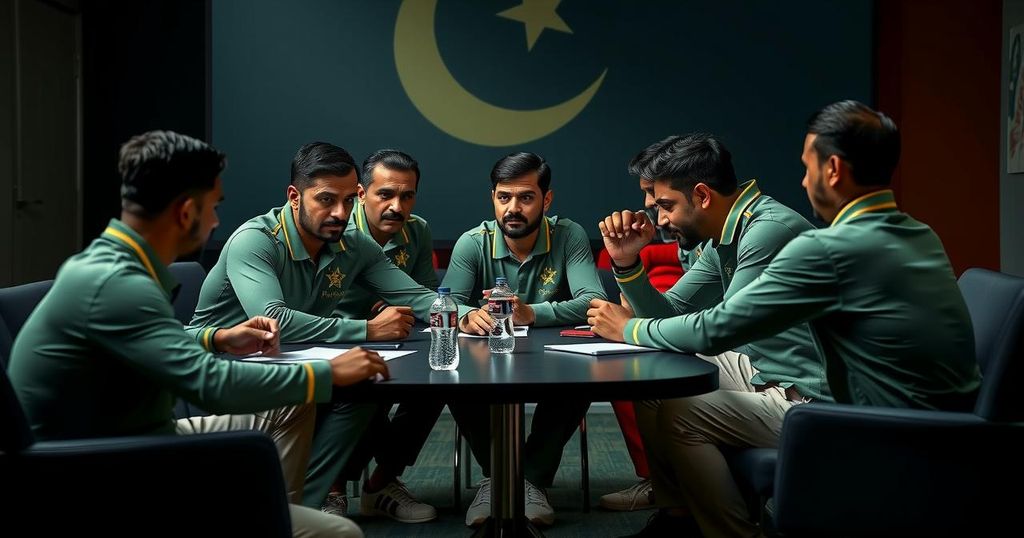The Enduring Legacy of Pakistan and Kenya’s Hockey Collaboration
The article reflects on the historical significance of the hockey partnership between Pakistan and Kenya, with Avtar Singh Sohal playing a key role in enhancing competitive standards and influencing major tournaments. Through shared experiences and strategic preparations over the decades, both countries have made notable contributions to the sport while fostering mutual respect and admiration. Despite Kenya’s declining status post-independence, the legacy of their hockey collaboration continues to resonate.
The legacy of field hockey in Pakistan is intimately linked to its significant historical achievements and strategic partnerships, particularly with Kenya. With three Olympic gold medals and notable performances in various championships, Pakistan has positioned itself as a dominant force in the sport. Training camps in Kenya before major tournaments were imperative, as these encounters not only provided ample match practice but also fostered mutual growth between the hockey communities of both nations.
Notably, Avtar Singh Sohal, a prominent Kenyan hockey figure, recalls the camaraderie and electric atmosphere surrounding matches between Pakistan and Kenya. His deep appreciation for hockey’s golden days highlights the unique cultural dynamics among players and fans from diverse backgrounds in Kenya. The shared passion for the sport enabled both nations to enhance their international standings through competitive encounters.
Kenya’s hockey prowess peaked in the 1970s, yet it declined post-independence as a significant chamber of players migrated. Avtar remains actively involved in hockey, contributing through coaching and administration, ensuring the essence of the game continues. His recall of strategic match plans that directly influenced Pakistan’s Olympic success underscores the interdependence between the two nations in the realm of hockey.
Despite Kenya’s current lower rankings, the historical significance of its hockey development through partnerships with Pakistan remains an essential narrative. The collaborative legacy between these nations has shaped both their contributions to the global hockey scene and serves as a poignant reminder of how sports can unite cultures and promote excellence.
In conclusion, the historical ties between Pakistan and Kenya in the realm of hockey are a testament to the power of collaboration and cultural exchange in sports. Avtar Singh Sohal’s reminiscences resonate with the enduring spirit of the game, clinching a valuable perspective on sportsmanship and camaraderie. This story not only celebrates past glories but also reflects on a potent legacy that continues to enrich the sport.
The article explores the storied relationship between Pakistani and Kenyan hockey, particularly during the 1960s and 1970s, a period marked by significant international successes for Pakistan. It traces how regular training and competitive series with Kenya enhanced Pakistan’s preparation for Olympic events and other major tournaments. Additionally, Avtar Singh Sohal’s reminiscences serve as a focal point, illustrating the intricate community dynamics and mutual benefits derived from these encounters. The context of Kenya’s past hockey achievements and decline post-independence is also pivotal in understanding the larger narrative of hockey’s evolution in both countries.
This account of Pakistan and Kenya’s hockey partnership illustrates the broader impact of sports in fostering international relations and mutual growth. The strategic trainings and series not only elevated Pakistan’s standing in global hockey but also underscored Kenya’s competitive spirit. Avtar Singh Sohal’s enduring legacy as an influential hockey figure reinforces the importance of supportive frameworks in sports, highlighting the physical and cultural connections that endure despite the passage of time.
Original Source: www.dawn.com




Post Comment